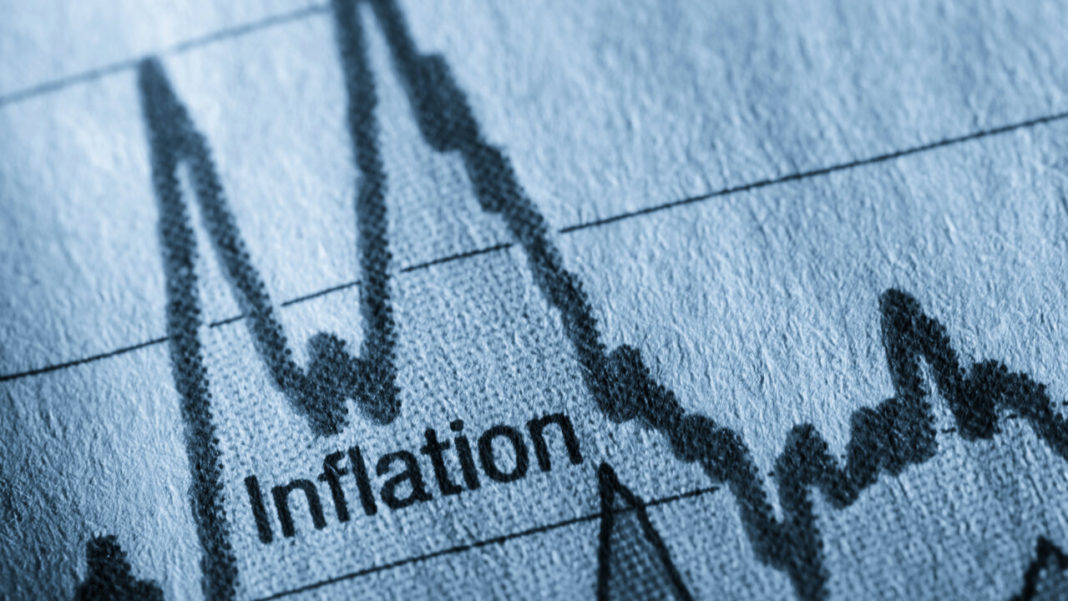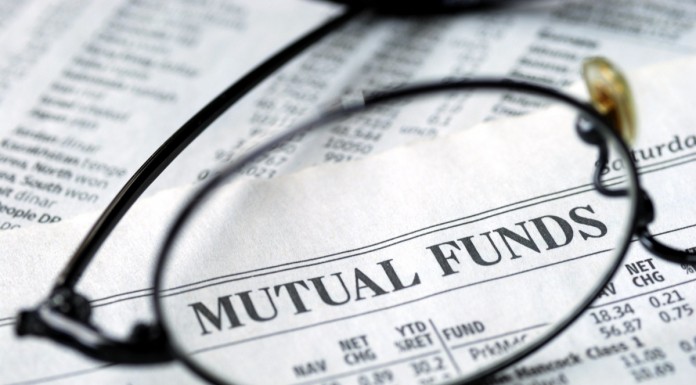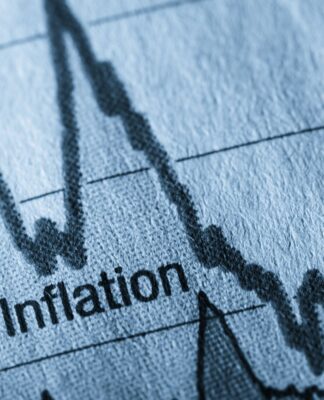Some say that inflation will surge due to COVID-19’s economic pressures. Others say that inflation rates have been too low for too long and something must give. Unless you are in one of the handful of countries reporting negative inflation, or deflation, you need to make sure your portfolio can handle the inflation rate wherever you are.
“A dollar doesn’t buy what it used to, so it’s unlikely that it will have the same buying in the future,” explains Richard Cayne of Meyer International and Asia Wealth Group. “So, you need to make sure your investment dollars grow to match inflation, if not outperform it.”
Strategies to hedge against inflation
While you want to make the most of your investment portfolio, you should also consider certain assets that traditionally withstand rises in inflation. These can act as a buffer, mitigating possible losses in other asset classes such as equities. Depending on your risk appetite, you may want to focus more, or less, on these asset types.
Real estate
Property is an asset that everyone needs. Whether they rent or own, people need shelter. So, investing in real estate can be a lucrative prospect. In terms of inflation, it is also a benefit because real estate values often increase with inflation. If you are concerned about owning and managing property, even if it is your primary residence, there are other options, such as a real estate investment trust, or REIT.
Commodities
Just as people need shelter, they also need certain commodities, no matter the economic situation. Oil, oranges, wheat, beef, coffee, and metals – these are just a few of the commodities considered as hedges to protect portfolios from inflation. Not everyone can stockpile and maintain large amounts of commodities (especially cattle), so you can look into mutual funds or exchange traded funds focused on commodities
Inflation-linked bonds
Many countries, including the United States and Canada, issue inflation-linked government bonds as their way of raising funds while offering protection against inflation. Generally, they are linked to a consumer or retail price index, depending on the country. The principal still owed increases with inflation rates, and interest to be paid is adjusted accordingly as well.
Convert variable-interest debt to fixed
Another way to protect your finances from inflation is to convert debt from variable to fixed interest. Typically, during periods of inflation, central banks will raise interest rates as a counter measure. So, it is very likely that your variable interest rate will increase as well. Fixed interest rates avoid that fluctuation. However, you may want to discuss this with a financial expert first if you are unsure how much or extreme this fluctuation may be.
When was the last time you reviewed your investments?
There is no need to convert your entire portfolio to these investments. Inflation is a factor that may negatively impact your current investments, but they may also level out or even withstand the economic turmoil. However, you should assess portfolio with a trusted financial advisor such as Richard who can review your investments and help you make informed decisions regarding your financial future.















